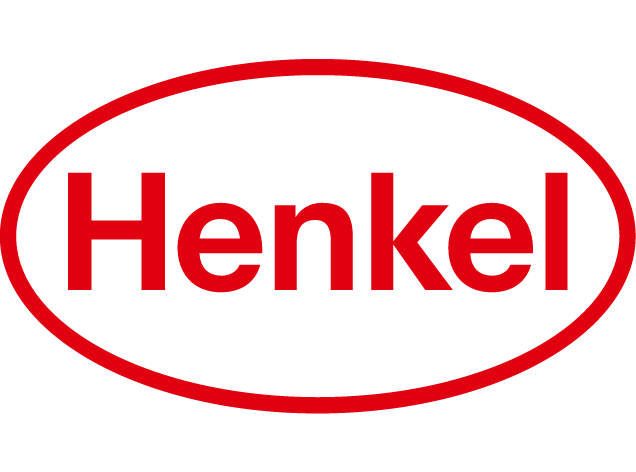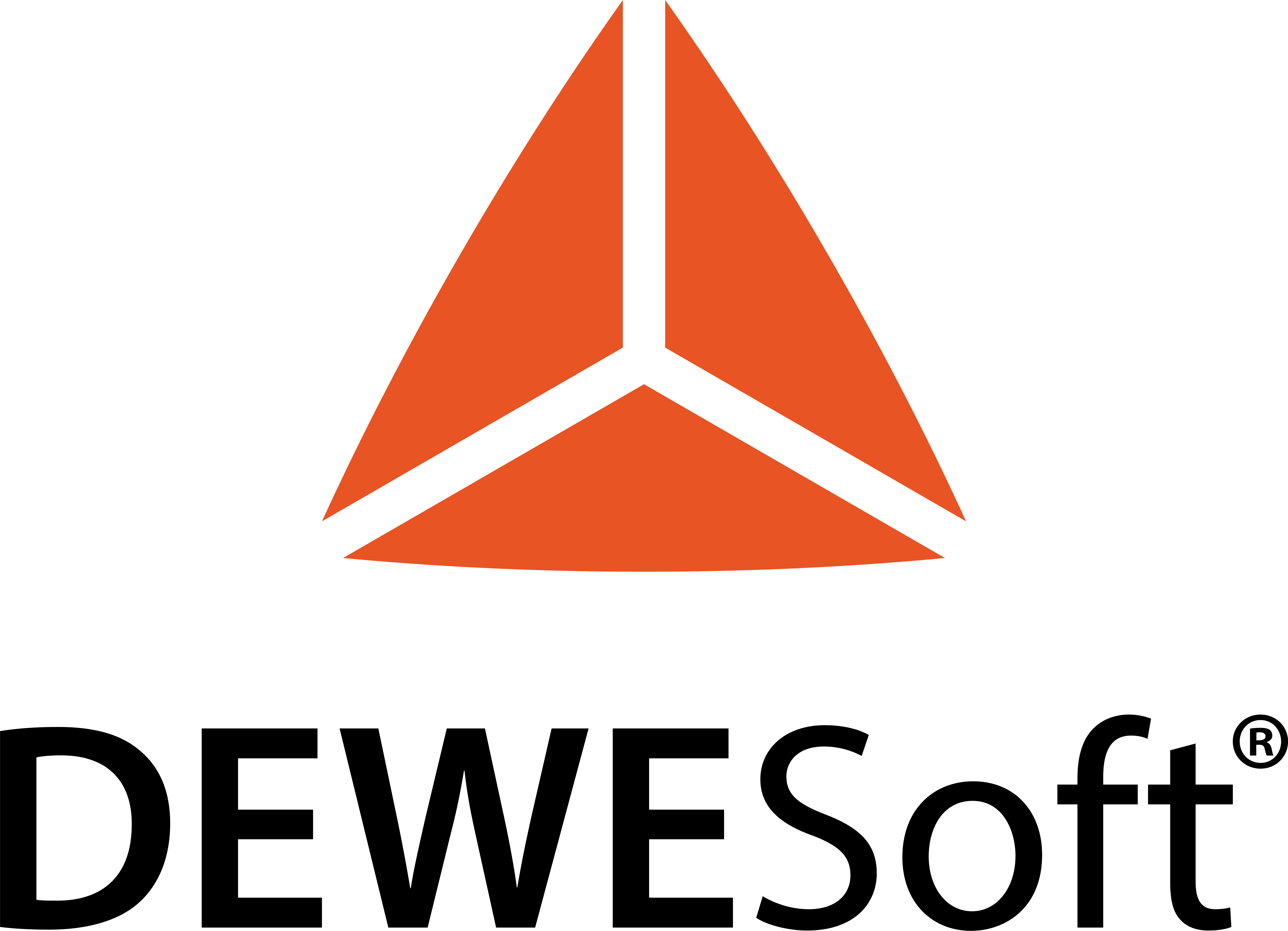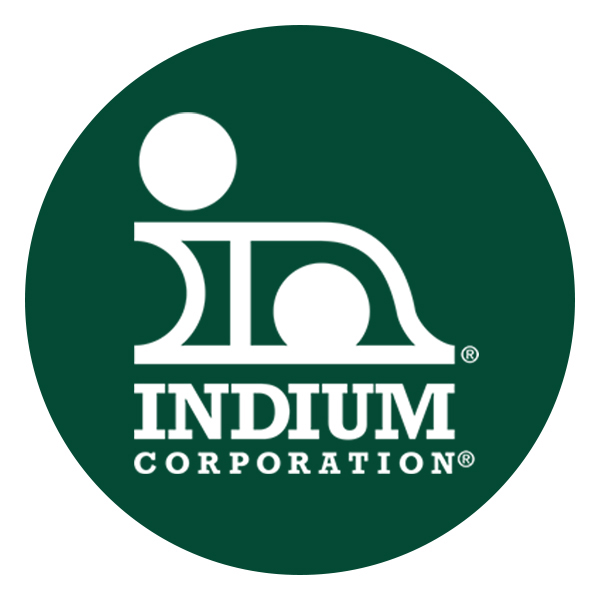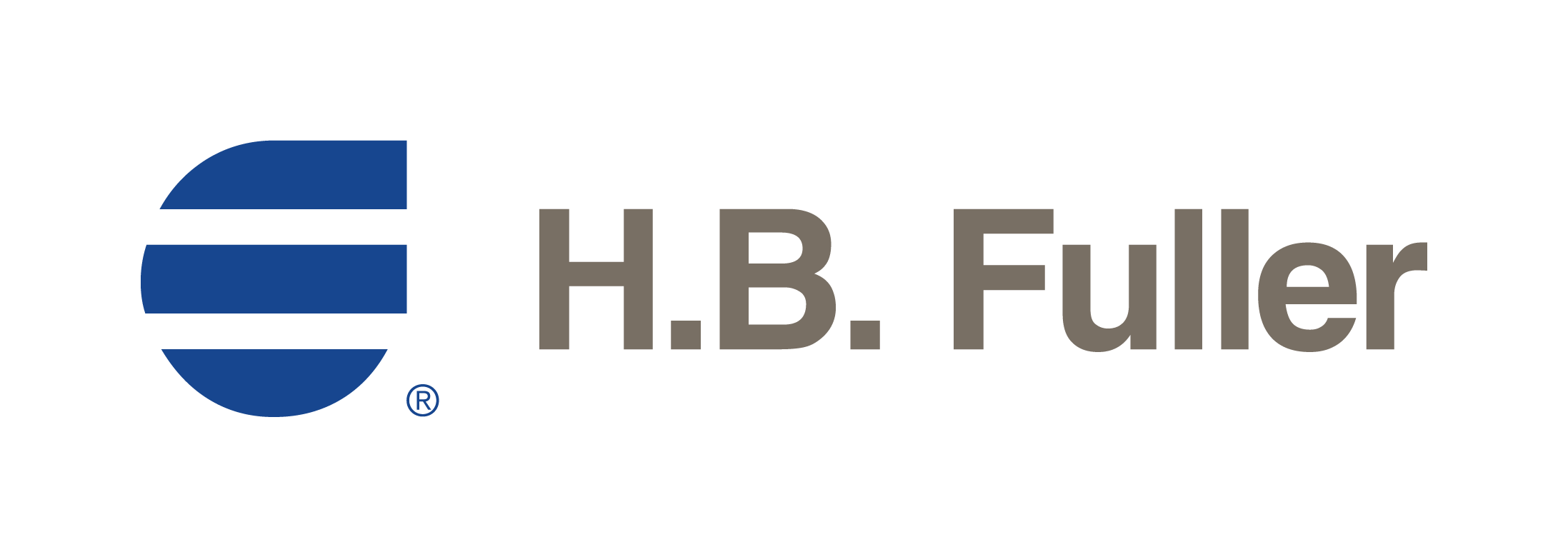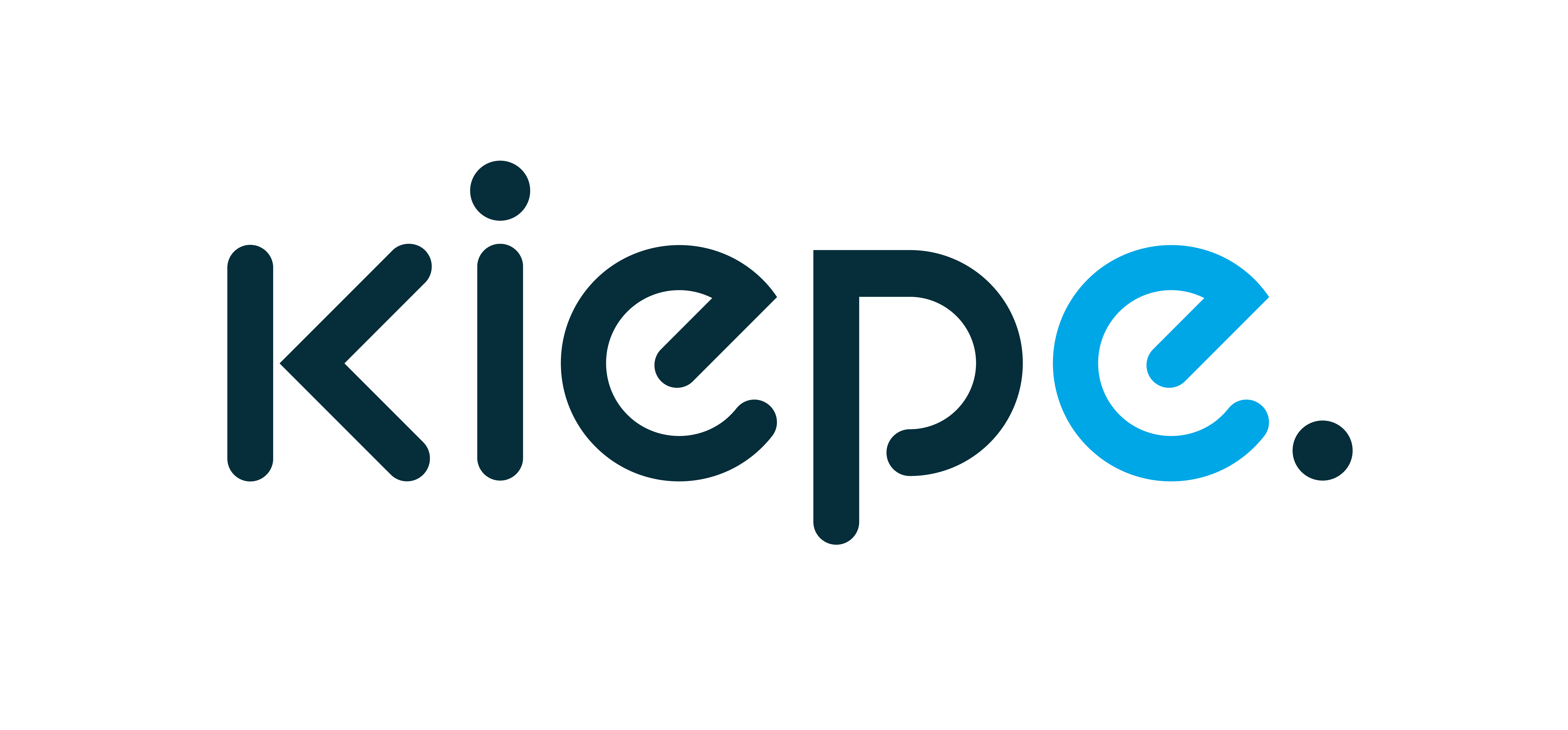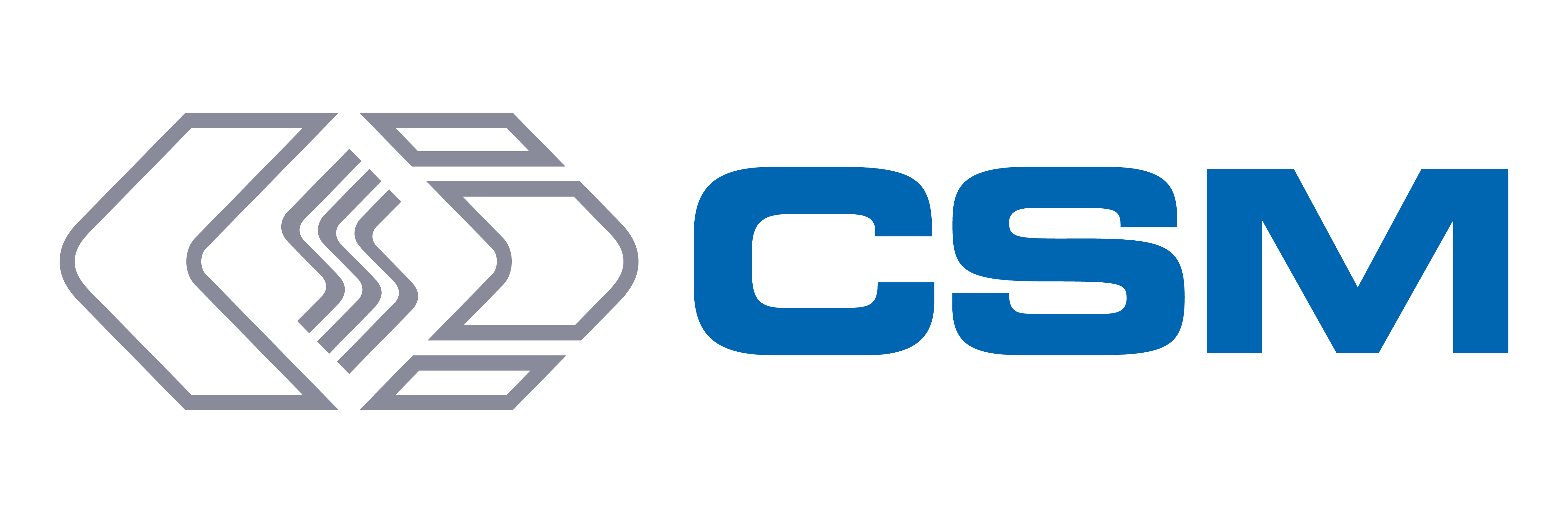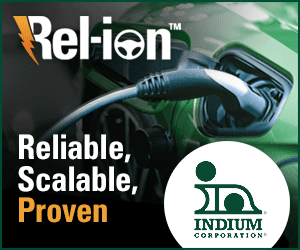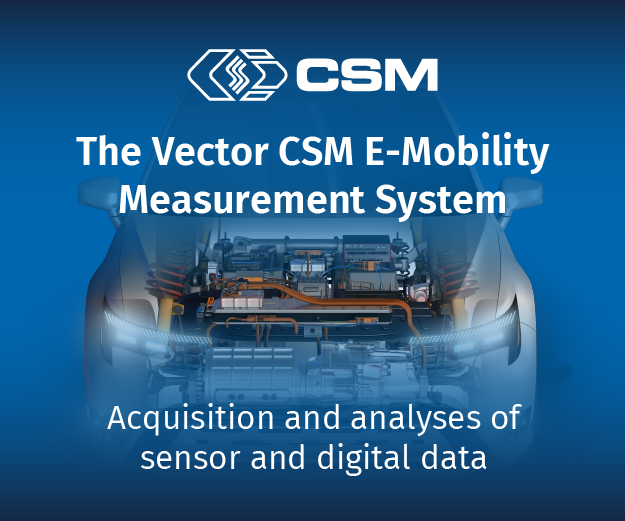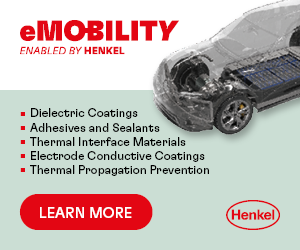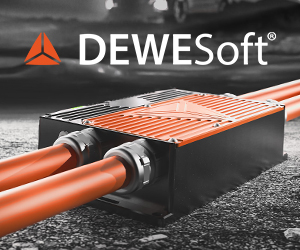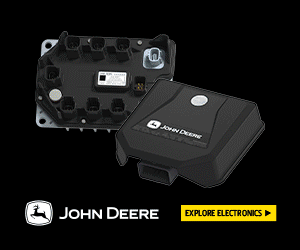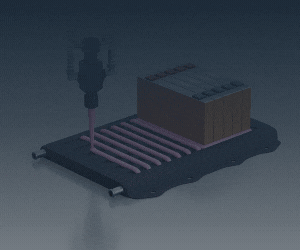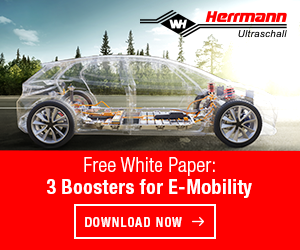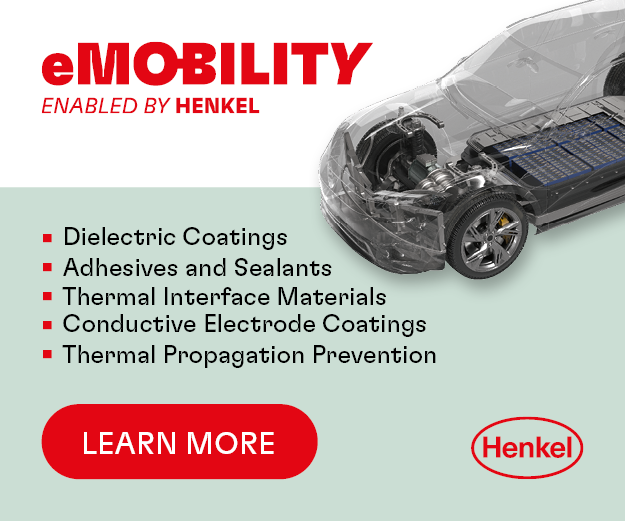LFP cells charge in six minutes
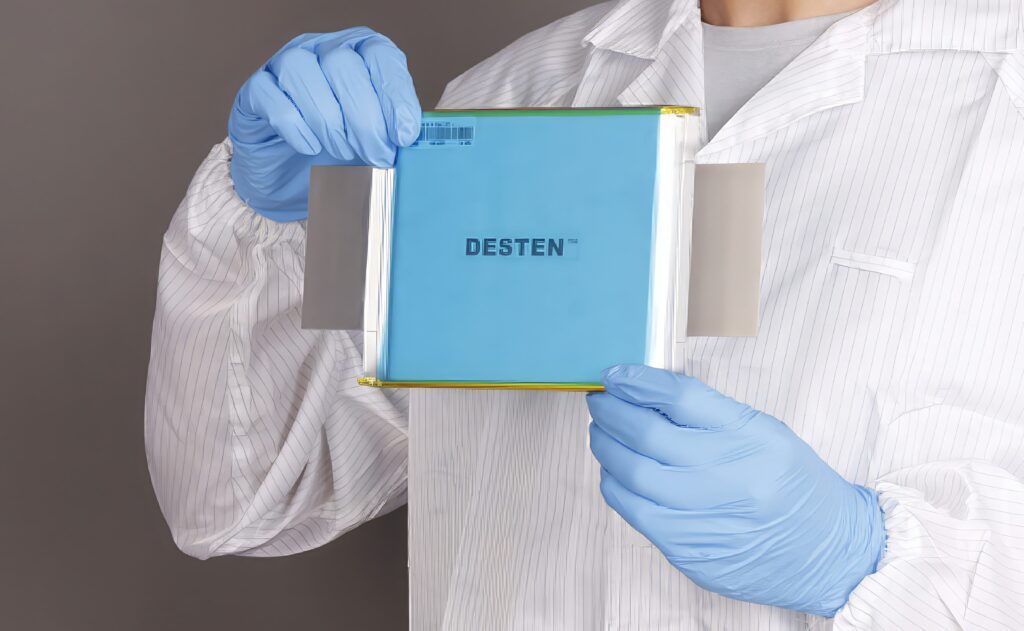
(Image courtesy of DESTEN)
DESTEN has developed the first Lithium Iron Phosphate (LFP) cell that can charge in just six minutes at 6 C writes Nick Flaherty. The 160 Wh/kg pouch cell developed by DESTEN is capable of charging from 20% to 80% SOC in six minutes at a charging rate of 6 C. Moreover, the LFP chemistry means the cell is intrinsically safer than lithium ion cells.
There are numerous battery characteristics which must be taken into account when evaluating the applicability of a particular cell technology. DESTEN’s cells not only provide strong charge and discharge profiles, but also high energy density, long life cycles and stability. They are claimed to have industry competitive pricing. To have each aspect in abundance is critical; underperformance across any of these characteristics limits the applicability of the cell to meet the needs of users.
In the case of EVs, be it driving safely or having enough capacity integrated into a car to achieve a desired range, a good battery technology is able to contribute to a well rounded and ICE comparable driving experience. As well as 6C fast charging, these cells can discharge at the same rate. This allows a higher power output from a battery pack for offroad and construction vehicles.
This fast charge and discharge ability comes from ensuring compatibility across each cell component. DESTEN develops its own specialised anodes, cathodes, electrolyte and separator to all work together. It has also developed and formulated specialised nanomaterial additives and dopants to promote the capabilities of the materials used across the cell components. All of this means that the temperature of the cell rises by less than 15 C during the 6 C charging and discharging.
The LFP cells support up to 3000 charging cycles before the state of health (SoH) of the cell falls to 80%, and using LFP means the cells operate in temperatures from -20 to +45 C, which is a difficult achievement for lithium ion cells. However lithium ion cells with silicon anodes have an energy density over 400 Wh/kg, which means more of the LFP cells are required to provide the same energy, potentially making battery packs larger and heavier.
However as the packs can be charged in just six minutes they can be smaller if there is a high power charger available as they can be recharged more frequently.
“Our latest technological breakthrough has the potential to revolutionise transportation and energy storage applications”, remarked Bader Al-Rezaihan, CEO and Chairman of DESTEN. “Making ultra-fast charging cost competitive with iron phosphate material formats will resolve key adoption barriers for EV drivers.”
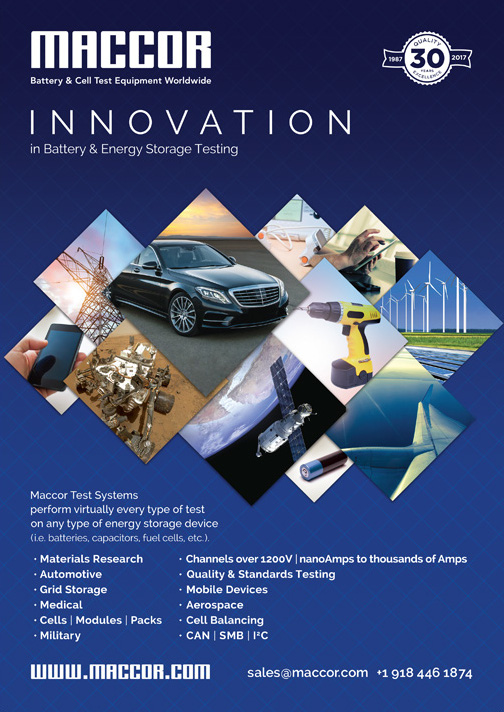
DESTEN is now working with its partners in North America, Europe and Asia to integrate the cells into electric vehicle platforms, delivering the first samples to platform makers.
ONLINE PARTNERS

